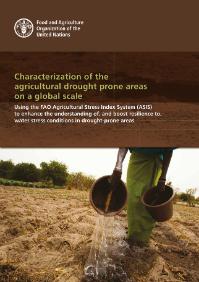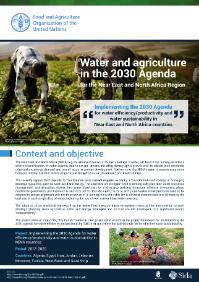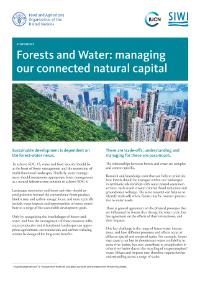Gender dimensions of community-based groundwater governance in Ethiopia: using citizen science as an entry point
Understanding the gender dimensions of community-based groundwater governance is important because men and women differ in their need for and having access to groundwater, and their participation in the development, management and monitoring of the resource. The leading role played by women in obtaining and safeguarding water is not usually reflected in the institutional arrangements for water management. Addressing this gender inequality could lead to the equal participation of men and women in monitoring and sustainable management of groundwater, and women’s empowerment.








